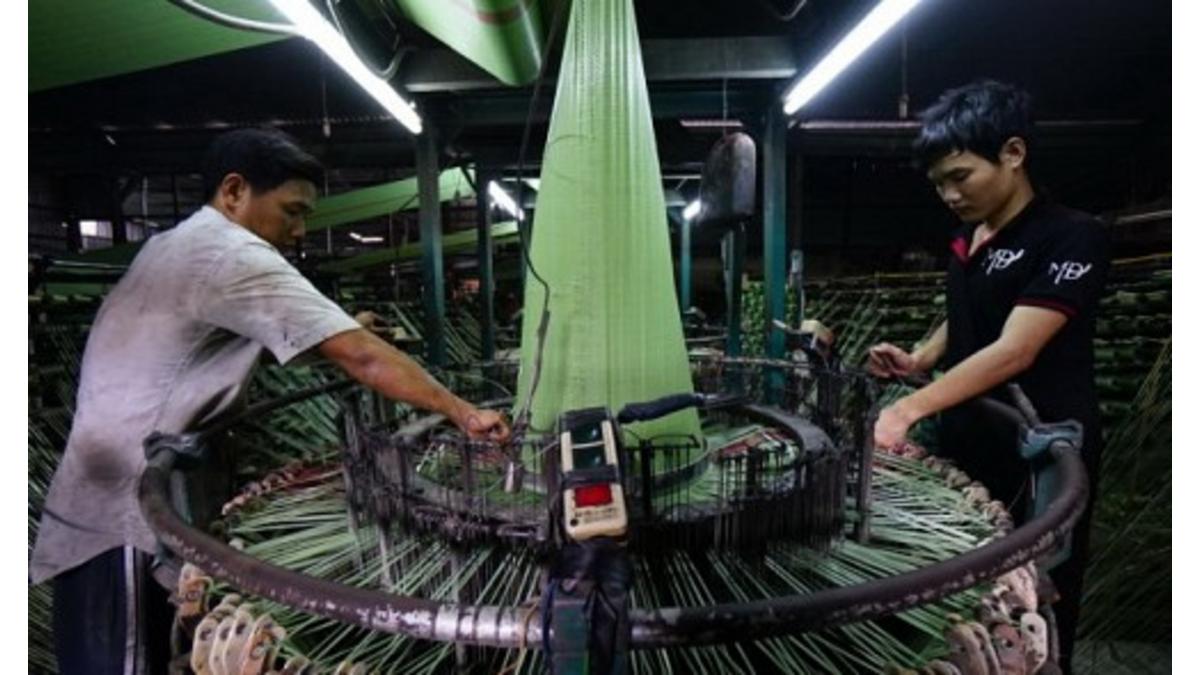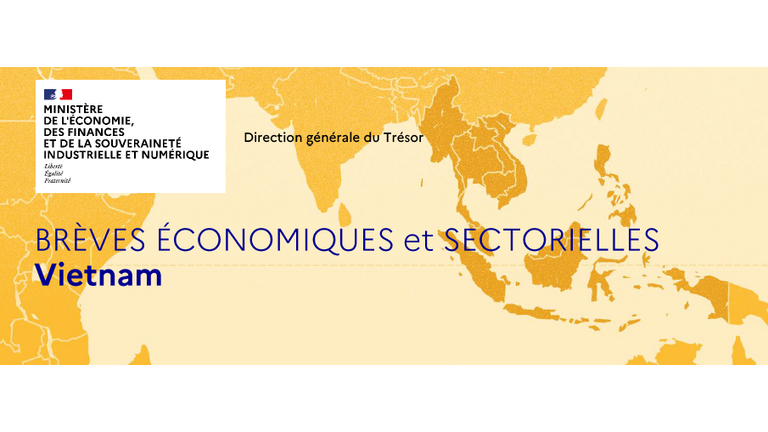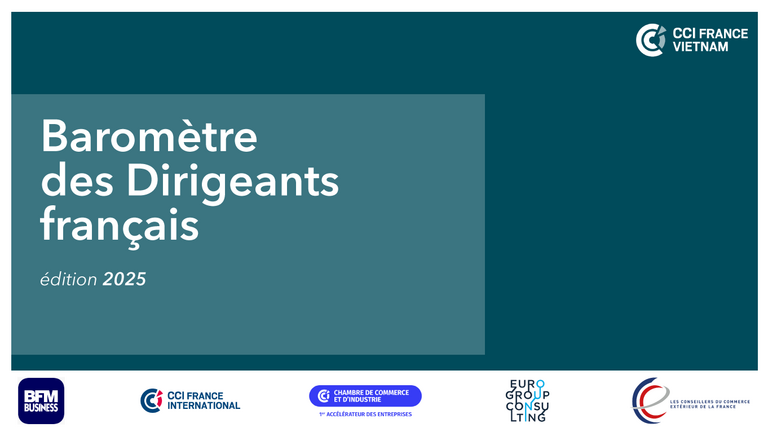Análises & Estudos • Elemzések és tanulmányok • 連載・特集 • Analyser & studier • Analizler ve Çalışmalar • Analize si Studii • Analyser og undersøkelser • Analyse en studie • Analize & Istraživanja • Аналіз та дослідження • Анализ & Исследования • Αναλύσεις & Μελέτες • 시장조사 • Analyysit ja tutkimukset • Analýzy & Štúdie • Анализи & Проучвания • Analiza & Studime • Analýzy & Studie • Analysen & Studien • Analyses & Etudes
Vietnam’s new tax cut for SMEs to have insignificant effect: experts

A proposed new government policy to reduce taxes for small and medium-sized enterprises (SMEs) is believed to have trivial effects on businesses, local experts have said.
According to a resolution currently being drafted by the lawmaking National Assembly, businesses with an income under VND20 billion (US$896,000) will enjoy a 17 percent corporate income tax in the 2017-20 period, a reduction from the current rate of 20 percent.
Many experts are unsatisfied with the tentative new tax cut, predicting that it would not do much to support businesses.
Dr. Pham Ngoc Long, former director of the Science Institute for SME Management, asserted that the provisional policy needs to reconsider its target, as incentives might become misaligned.
If that policy comes into effect, businesses might be incentivized to cheat, conceal profit, and avoid expansion, Dr. Long noted, adding that a good policy should encourage investment and expansion.
Tax cuts should not focus only on size, but also on specific fields such as startups, science, and technology.
Dr. Long believes that for companies operating in fields that need support, a 17 percent tax rate is still too high, suggesting that a 10 percent tax rate would be more fitting.
Dr. Bui Van Dung, former director of the Research Committee on Business Growth at the Central Institute for Economic Management, claimed that the government should not fret about revenue losses, as a well-designed tax cut might actually increase government revenue.
“If we have rules and guidelines that will allow the money from tax reduction to go into investment and production instead of dividends, that money will stimulate growth and produce even more money for the second round of taxes. Businesses will invest, expand, and thus pay more taxes. Government revenue will accordingly rise,” Dr. Dung said.
Truong Thanh Duc, director of Basico, a Vietnamese law firm, is unenthusiastic about the tax reduction, adding that as the owner of an SME, he “doesn’t need that kind of assistance” and that the government “should focus on ensuring fair competition and assisting companies with training and information.”
Foreign direct investment (FDI) companies, which have enormous capital, advanced technology, and abundant experience, are entitled to many tax privileges, such as a tax exemption during the first four years and a 50 percent tax reduction for the next nine years.
Vietnamese companies cannot compete if FDI firms have such advantages, Duc reasoned.
“The best solution is to create a universal tax rate at 15 percent to ensure fair competition,” he suggested.
Source: Tuoi Tre News


